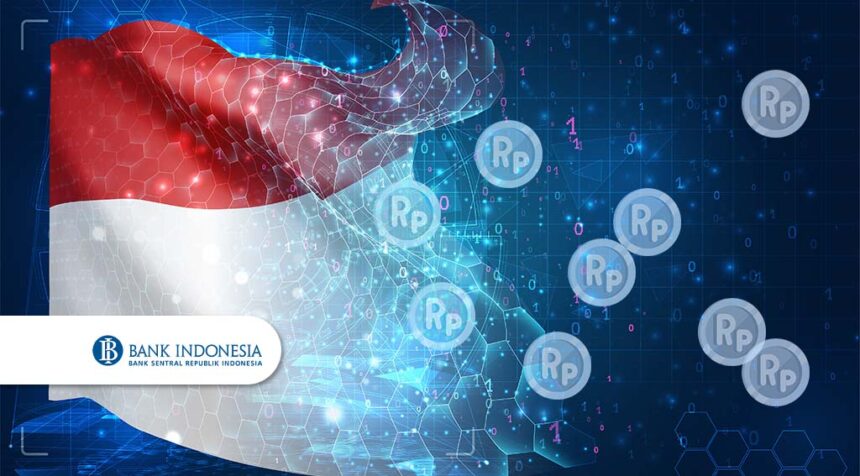Bank of Indonesia announced the successful completion of the wholesale Rupiah Digital Proof of Concept (PoC) under the Garuda Project.
This marks a significant milestone in the quest for central bank digital currencies (CBDCs).
This phase, which is part of Project Garuda’s immediate status, will focus on testing a distributed ledger technology (DLT)-based wholesale cash ledger system and assessing its feasibility, security and integration with Indonesia’s financial ecosystem. Compatibility has been evaluated.

The PoC tested two DLT platforms (R3’s Corda and Kaleido’s Hyperledger Besu) to evaluate their ability to support key processes such as issuance, redemption, and funds transfer.
Both platforms successfully met 55 predefined test scenarios and demonstrated scalability, resiliency, privacy, and fault tolerance.
These tests will focus on the applicability of DLT to Rupiah Digital, the integration of smart contracts for trading efficiency, and the interoperability of the system with Bank Indonesia’s Real-Time Gross Settlement (BI-RTGS) system and other financial market infrastructure. The question was investigated.
According to the report, Immediate State’s design ensures that Rupiah Digital complements existing payment systems without creating new monetary value.
The issuance and redemption process involved conversion between Rupiah Digital and reserve account balances with funds transfer verified by decentralized nodes.
PoC findings also revealed that DLT-based solutions can enhance liquidity management and security, and ensure seamless integration with both domestic and cross-border systems.
This work is a continuation of earlier steps such as white papers, consultation papers and public consultation reports that laid the foundation for Rupiah Digital’s business model.
Stakeholder feedback from industry, academia, and government agencies helped refine the system’s architecture and ensured alignment with the Indonesia Payment System Blueprint 2030.
The blueprint focuses on fostering innovation through advanced payment technologies, strengthening financial inclusion, and strengthening economic sustainability.
Bank Indonesia also tested the smart contract during the PoC. This automated key processes, minimized human intervention, and ensured transaction security.
The PoC included various technical assessments, including testing interoperability standards such as ISO 20022 for cross-border transactions and how to integrate with existing infrastructure such as BI-RTGS.
The report highlights potential areas for further exploration, including advanced privacy models, multi-validator deployment, and digital securities integration.

Going forward, in the interim phase, wholesale Rupiah Digital use cases will be expanded to include a wider range of digital asset applications and delivery versus payment (DvP) mechanisms.
“Garuda Project: Wholesale Rupiah Digital Cash Ledger PoC Report” is available on the official website of Bank Indonesia. Website.
Featured image credit: Edited from freepic






